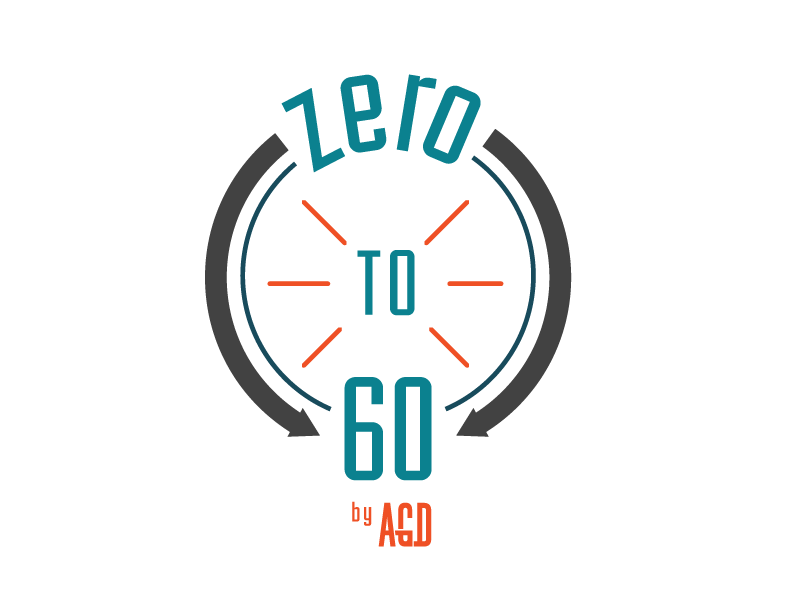For many new artists the spark of creativity is never that far away. The high when they get on the stage for the first time fuels them for very long stretches. And it’s this spark and this high that puts inside their heads, “This is my future, music is my life.” From that point on every moment is spent pushing towards the goal of becoming an emerging artist. But it doesn’t happen if you burn out. It doesn’t happen if the pipes freeze. This is why learning to create when you don’t feel creative is key to keeping the engine running and continually moving towards your goals. Here’s three tips for the drip.
Return To The Basics: Very few artists take the time to brush up their craft once they’ve reached a certain level of proficiency. Go back and run exercises from your beginner lessons. If this doesn’t feel productive to you, consider mentoring someone else who’s eager to learn the basics themselves.
Play A Game: Sometimes we take creativity way too seriously. Turn your creative time into play time. “Write a song using these three words…”. Bonus points if you bring other creatives into the game with you.
Escape Your Prison: Your own mind is a prison cell for new inspiration. Your perspective on your own experiences will always be one sided. Reach out to connect with other people who maybe aren’t creatives, ask if you can help tell their stories in some way.
If you keep the creative routine, even when the creativity is slow itself, eventually the ice will thaw. Lastly, if you can be vulnerable and share these challenges with your audience and your team you will quickly find that there is more support and understanding than you might have expected. Even if you’re in the middle of a project with deadlines and expectations.
For more tips and tricks follow AGD President Nathan Dohse on Instagram and TikTok
Special Note: Sometimes a lack of creativity is a symptom of a mental health issue. If you’re struggling with low motivation, negative self talk, or depression please consider professional mental health support.



